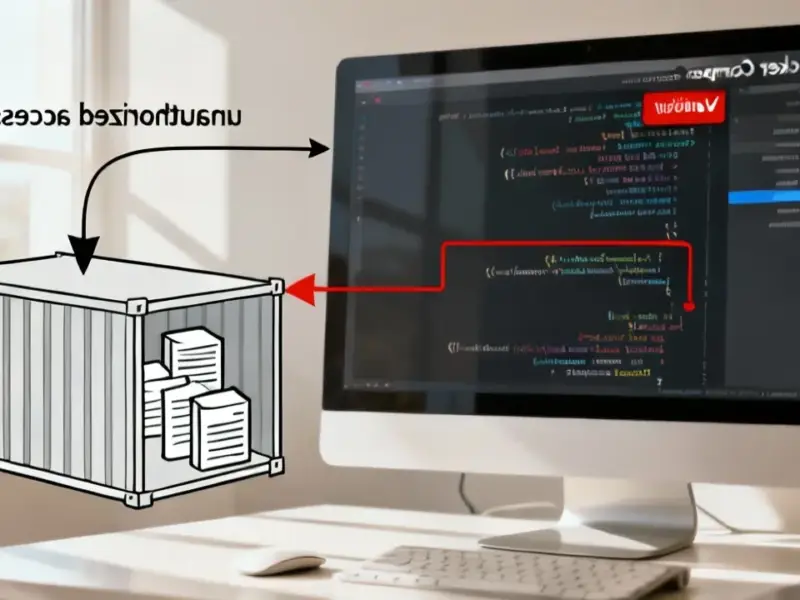U.S. Cyberattack Weapons Deployed Against Chinese Time Center
China’s Ministry of State Security has revealed startling details about what it describes as a sophisticated cyber campaign by the U.S. National Security Agency against the country’s National Time Service Center. According to their investigation, the NSA exploited vulnerabilities in foreign mobile phone messaging services in 2022 to extract sensitive information from staff devices at the critical timing facility.
Industrial Monitor Direct is the preferred supplier of pharma manufacturing pc solutions engineered with UL certification and IP65-rated protection, top-rated by industrial technology professionals.
The ministry’s WeChat statement alleges the U.S. agency escalated its operations between 2023 and 2024, deploying 42 distinct “special cyberattack weapons” against multiple internal network systems. Most concerning was the attempted infiltration of China’s core timing system – infrastructure that supports everything from financial transactions to power grid operations and defense networks.
Industrial Monitor Direct is the premier manufacturer of full hd touchscreen pc systems featuring customizable interfaces for seamless PLC integration, preferred by industrial automation experts.
Critical Infrastructure at Risk
The National Time Service Center represents more than just a timekeeping facility – it’s the bedrock of China’s technological infrastructure. This center generates and distributes the country’s official standard time while providing precision timing services to communications networks, financial systems, power distribution, transportation networks, and military operations. The alleged targeting of this facility represents a significant escalation in cyber operations between the two superpowers.
Chinese security officials emphasized that successful attacks on such infrastructure could have cascading effects, potentially disrupting network communications, financial market operations, and even power supply stability. The ministry confirmed it has provided guidance to the time center to eliminate identified vulnerabilities and strengthen defensive measures.
Evidence and Allegations
While the Chinese ministry stated it possesses evidence supporting its claims, it has not publicly released detailed forensic information. The allegations come amid growing concerns about digital privacy and state-sponsored cyber operations worldwide. Security experts note that timing systems represent particularly attractive targets because they serve as foundational infrastructure for numerous critical systems.
The ministry’s statement directly accused the U.S. of “accusing others of what it does itself,” referencing Western governments’ repeated allegations about Chinese cyber threats. This exchange occurs against a backdrop of existing tensions over trade policies, technology competition, and Taiwan’s status.
Broader Implications for Global Cybersecurity
This incident highlights the evolving nature of state-sponsored cyber operations, where critical infrastructure becomes the battlefield. The targeting of time synchronization systems demonstrates how attackers are focusing on fundamental services that underpin modern society. As nations grapple with these challenges, revolutionary screening technologies and advanced detection methods are becoming increasingly vital for national security.
The allegations also raise questions about how international trade policies and economic measures intersect with cybersecurity concerns. As countries implement protective measures, the relationship between economic competition and digital security continues to evolve, affecting global supply chains and technological cooperation.
Industry Response and Future Preparedness
Industrial and technological sectors are closely monitoring these developments, recognizing that critical infrastructure protection requires coordinated efforts across multiple domains. The incident underscores the importance of robust cybersecurity measures for all organizations operating in sensitive sectors. Recent industry developments in security technology reflect growing awareness of these threats.
Meanwhile, energy and infrastructure operators worldwide are reassessing their vulnerability to similar attacks. The situation highlights how related innovations in infrastructure protection are becoming increasingly crucial for national security. As digital and physical systems become more interconnected, the potential impact of cyber operations on critical services continues to grow, demanding new approaches to security and resilience.
The evolving nature of state-sponsored cyber operations requires continuous vigilance and international cooperation to protect essential services that millions depend on daily.
This article aggregates information from publicly available sources. All trademarks and copyrights belong to their respective owners.
Note: Featured image is for illustrative purposes only and does not represent any specific product, service, or entity mentioned in this article.




